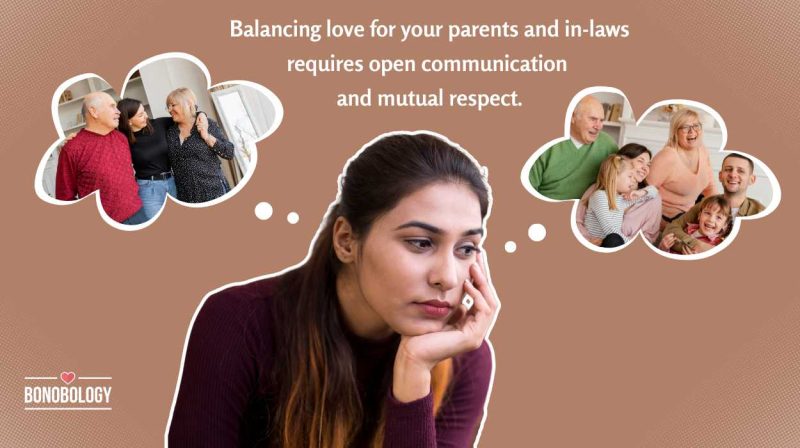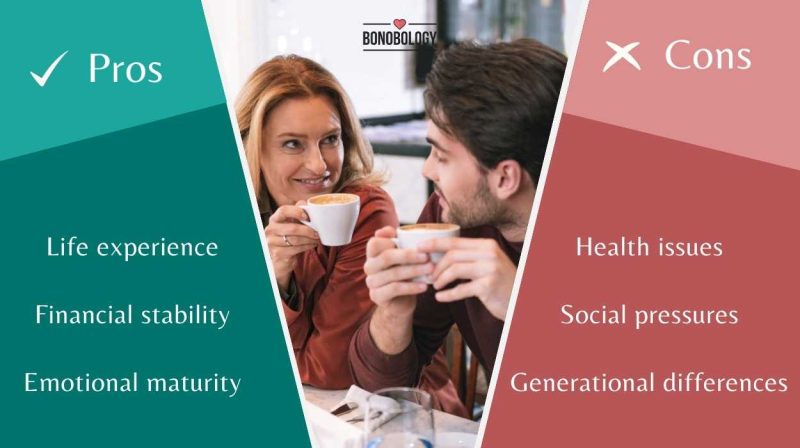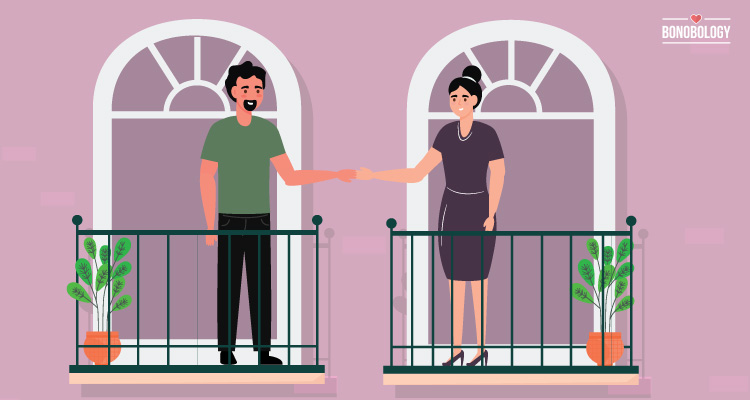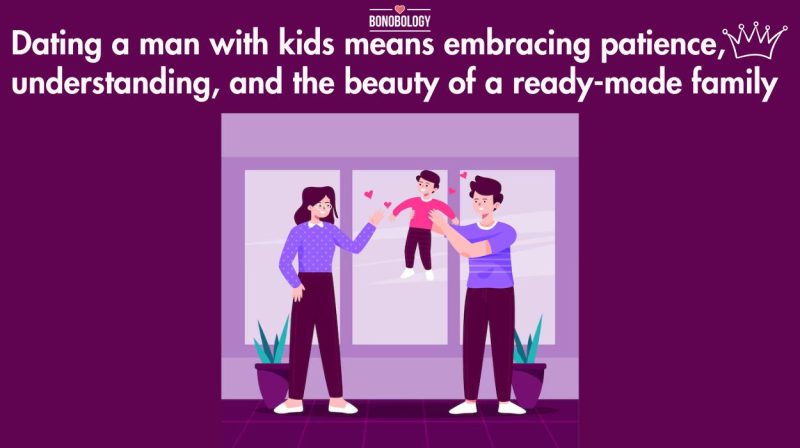It’s a common sentiment to compare how we care for our parents with how our partners care for theirs. However, it’s important to remember that every family dynamic is unique, and there are a multitude of factors that can influence how we express love and support to our parents.
(As told to Irewati Nag)
His Disdain For My Parents Is Tearing Us Apart
Table of Contents
I lost my mom a few years ago. My father has been living alone since then in my hometown.
I was married about 8 years ago. I have two brothers, but they are not in a position to take care of my father. That said, if I want to take of my father, I should be able to. I don’t think anyone deserves to question my need to attend to my father, right?
It is his duty to take care of his parents
Tomorrow, if my in-laws need my husband’s support, am I allowed to question his need to take care of his parents? He, too, has brothers! No. Because he is a son, it is his responsibility. The law is clear in the whole equation: ageing parents are a responsibility of children, whether it is a son or a daughter.
If that is the case, why am I being subjected to torturous questions like
“It is not like nobody has lost their wives?”
“Why is it so much of an issue to manage your father?”
“Why can’t your brothers take care of him?”
“When you are married to my son, this is your house, we are your family and not them?”
It is then my mind screamed with questions.
Related reading: My mother keeps complaining about her daughter-in-law for no good reason
So why can’t I look after my parents?

“Why is my love for father a crime, but my husband’s affection for his parents a duty?”
“Is it taken for granted that my loyalty and bond must be cut off from my own blood?”
“Why do you assume that by marriage, I am bound to serve my in-laws, while they can crib about how bad I am at that thing too?”
“So, this is punishment for having one different chromosome? And my parents’ fault for giving birth to a life that has the other chromosome?”
Every now and then I hear stories and read about families where the son and daughter-in-law are being cruel to the son’s parents. It makes me wonder why do such things happen in our society? Could it be because the daughter-in-law was not allowed to take care of parents? How can a family expect any kind of genuine love from a girl who was not allowed take care of her own parents? Could this be the root for all the problems of patriarchy we are facing today?
I managed to live in a loveless marriage for over eight years. I often heard my mother-in-law telling my husband how “generous” he has been in marrying a dark-skinned woman. I’ve done my best to keep everyone happy in my marital home, despite the fact that I was feeling left out and not appreciated. It did not matter to me until my husband put the final nail in the coffin of our marriage: stopping me from tending to my father.
Related reading: 5 ways to deal with your husband’s parents
I doubt his ability to care for anyone
I not only found this insulting; he also lost my respect the day he did that. I wonder if he will genuinely take good care of his own parents? He doesn’t even call his parents regularly, doesn’t find it necessary to go and meet them regularly. If it comes to a day when his parents are bedridden, how will he be able to handle them? But he has a duty-bound caretaker and nurse in me. It is not even his problem, right?

Once I started discussing this issue with my friends and colleagues, I realised I am not alone. Women have been suffering this for years. But that said, we are suffering silently. Why do we adhere to these rules that make no sense now? In a world that had joint families that depended on agriculture maybe it was essential to keep families and property together, though I doubt that was the only reason.
Why don’t we question this second-class citizenship? Why didn’t I, before this breaking point? It is important for us women to speak up, assert ourselves, be heard and take actions. The minute we start doing it, the more we become a tribe of our own, then, maybe, we can make a better world for our children and ourselves.
Related reading: Effective Ways To Deal With A Jealous Daughter-In-Law
FAQs
1. My husband doesn’t seem to understand why I feel so strongly about caring for my parents. What can I do?
Have a calm and honest conversation with your husband about your feelings. Explain why caring for your parents is important to you, and try to understand his perspective as well. Couples counseling can also be helpful in navigating such sensitive issues.
2. Why does society often expect women to prioritize their in-laws over their own parents?
This expectation is rooted in traditional gender roles and patrilocal living arrangements, where women are often expected to primarily care for their husband’s family. However, these norms are gradually changing as society evolves.
3. I feel guilty for not being able to do more for my parents. How can I overcome this guilt?
Remember that you’re doing the best you can under your circumstances. Focus on the care and support you are able to provide, and try to let go of unrealistic expectations. Seeking professional help or joining a support group can also provide emotional support and coping strategies.
4. What if my husband and in-laws are unwilling to compromise or understand my perspective?
This can be a challenging situation. If open communication and attempts at compromise fail, seeking professional help or considering individual counseling can be beneficial. Remember that you have the right to set boundaries and prioritize your own well-being.
Final Thoughts
The desire to care for your parents is natural and commendable. Navigating the complexities of family dynamics, societal expectations, and personal relationships can be challenging. Remember, your feelings are valid, and open communication is crucial. Our panel of dedicated therapists is here to support you every step of the way.
- Challenge Norms: Don’t be afraid to question traditional roles and expectations.
- Advocate for Yourself: Express your needs and desires clearly and assertively.
- Seek Compromise: Work with your husband and family to find mutually agreeable solutions.
- Prioritize Self-Care: Caring for yourself is essential to effectively care for others.
It’s a journey, not a destination. Be patient, kind, and persistent, and you’ll find a way to navigate this complex situation with grace and strength.
Your contribution does not constitute a charitable donation. It will allow Bonobology to continue bringing you new and up-to-date information in our pursuit of helping anyone in the world to learn how to do anything.























Featured
125 пикантных вопросов, которые стоит задать своему парню
How To Start Dating: Tips For Beginners & Those Starting Again
25 Bedtime Stories For Girlfriend
From Self-Awareness To Compatibility: Digital Twins For Modern Relationships
Situationship Vs Relationship: Can One Lead To The Other?
How To Get A Guy To Like You: 20 Simple Techniques, No Mind Games
Situationship Vs Friends With Benefits: Similarities And Differences
The Significant Difference Between Love You And I Love You
125 Spicy Questions To Ask Your Boyfriend
125 Deep Questions To Ask Your Boyfriend To Truly Understand Him
Balancing Love And Learning: How Online Degrees Can Strengthen Relationships
What Is A Power Couple? 15 Signs You And Your Partner Are One
What Is The Role Of A Husband In A Modern Relationship?
Marrying An Older Woman: Pros And Cons, And How To Make It Work
Everything You Need To Know About Transactional Relationships
Premarital Counseling – 12 Reasons You Should Opt For It
Living Apart Together: Decoding The Latest Trend Said To Save Relationships
Domestic Partnership vs Marriage: Difference & Benefits
Marrying For Money: Is It The Right Choice For You And How To Make It Work?
21 Things To Know About Dating A Man With Kids